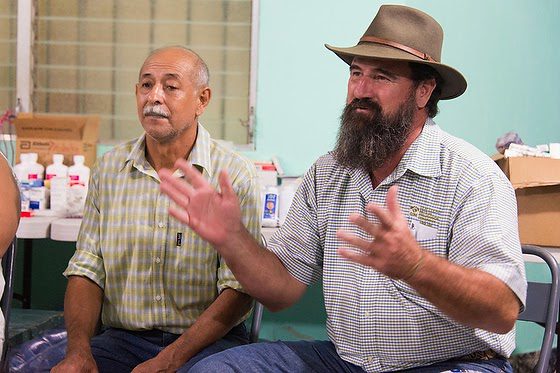| Nikon D4, 28-300mm, ISO 12800, ƒ/5, 1/80 |
Circle of Confusion at best or Linguistic Chaos
Using jargon and acronyms from your industry with someone not familiar with that jargon will alienate rather than alleviate, creating a barrier bigger and harder to fix.
Word Choice
I grew up in a Southern Baptist Bubble. I used words in our bubble that were well understood when we said them. Here are some of those words:
- Sin
- Sanctification
- Existentialism
- Inerrancy
- Predestination
In the circles I grew up in, I knew people that could quote scripture every other sentence, and they did!
I always wondered whether everyone around me understood what they were saying or just dropped words to sound impressive. Today, most of them were trying to impress more than truly understanding.
Today I find when someone starts down this road of a club language to be very divisive and offensive to me.
 |
| Nikon D4, 28-300mm, ISO 2000, ƒ/8, 1/500 |
I think this is the reason so many nondenominational churches are growing. They tend to use the more familiar language of the marketplace versus a club language.
I was working with an NGO which happens to be run by Christians, but they want to get non-Christians involved in their social justice projects like digging wells around the world.
They asked for my feedback on a 3-minute video. Twenty seconds into the video, the subject talked about why they were involved with the organization. Then, they dropped the first club language word, “Kingdom of God.”
Immediately I could feel my body wanting to get up and leave. But unfortunately, the NGOs were unaware that the words alone were creating a barrier and doing just the opposite of what they hoped to accomplish.
Tips
First, learning to evaluate your language to see if what you are saying with words is connecting with your audience is tricky and requires practice. You need the help of trustworthy friends who will be frank with you. It would help if you had them hear or read your jargon and give you some feedback.
Now, if your friend grew up in the same bubble as you, the odds of them helping are less likely. The best feedback is from someone in the audience you want to reach that culturally would not be aware of all your language jargon.
Second, this might sound like it goes first, but in reality, as you are confronted with what you are trying to say with this word and being forced to use other words, you will realize you might not know your true intentions in your thoughts. So often, we say things that make people feel comfortable. However, if you are trying to elicit a response and not just put people at ease, you may have to think about your message.
Third, you need to realize also that even if you use all the correct words, things like psychological and emotional barriers might exist with the audience. They may prematurely judge your words and interpret something you are not saying before you finish your thoughts. The audience may not be paying attention and be distracted by something else in their life. They may distrust you, and anything you say isn’t heard.
There are just many more reasons than your words that communication breaks down. You should, however, make it your goal to word your conversations so that the audience understands them and opens up to hear your messages. So practice your messaging with a trusted friend, so your language helps you communicate more effectively.

